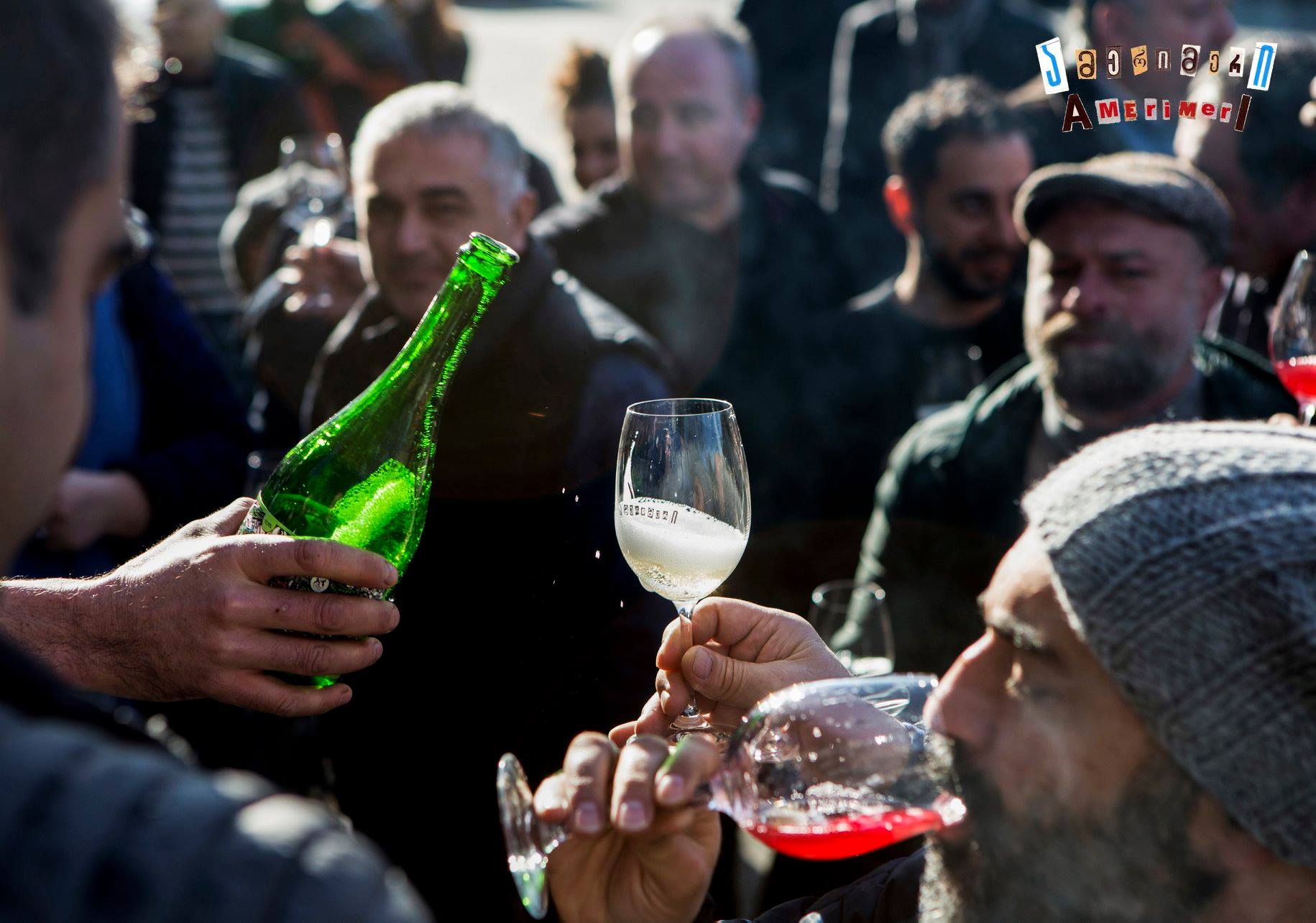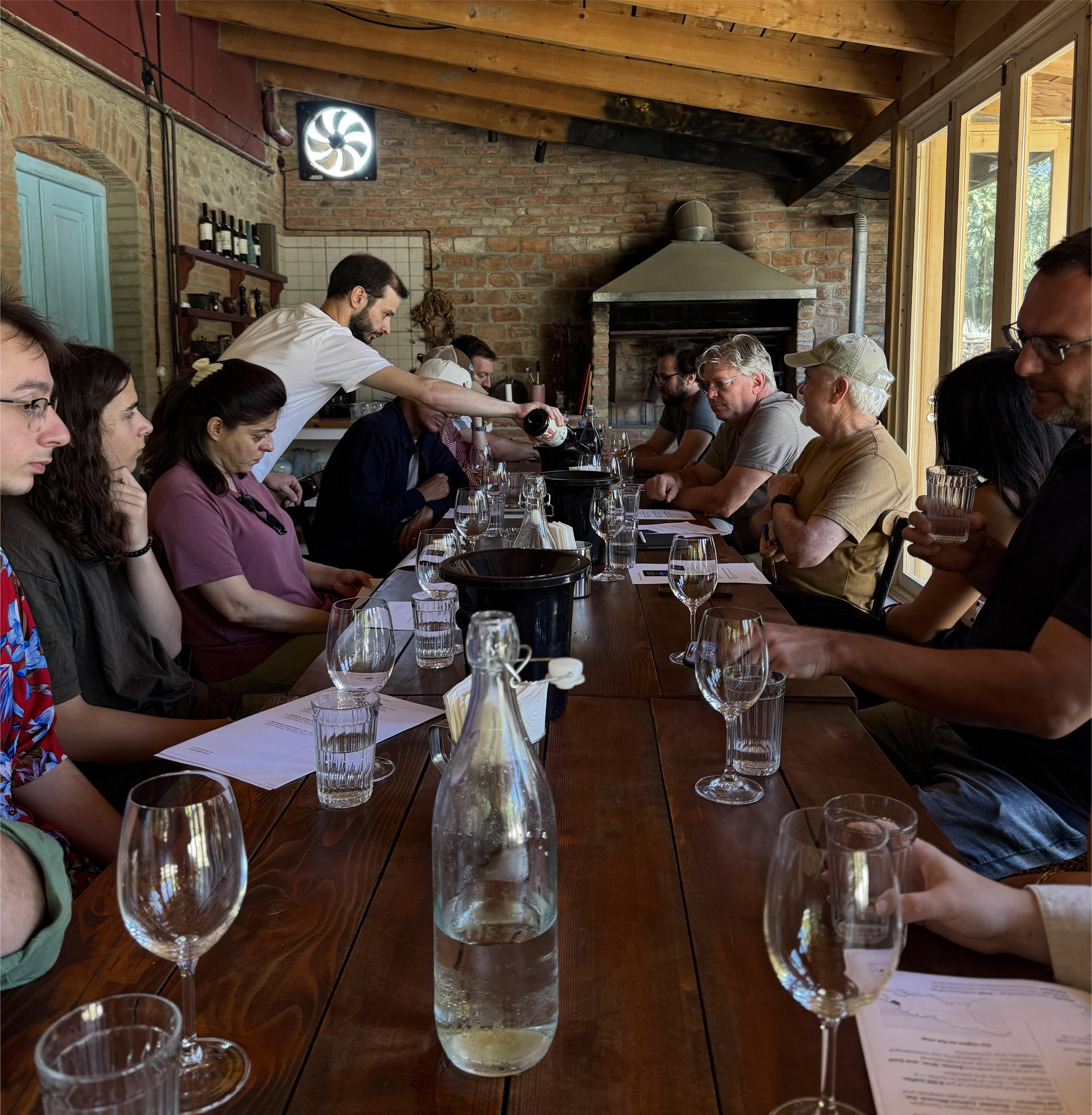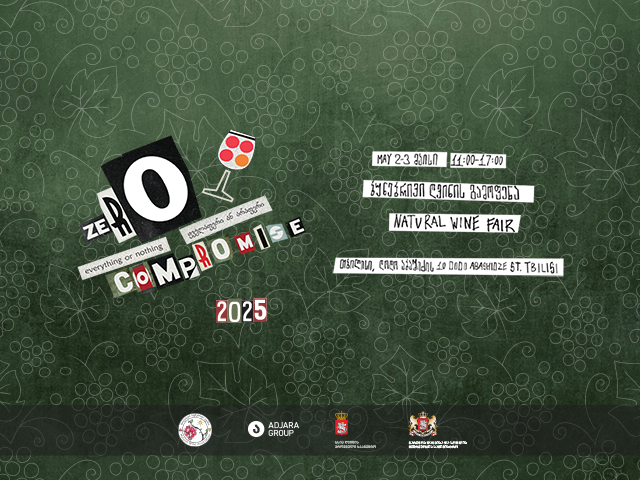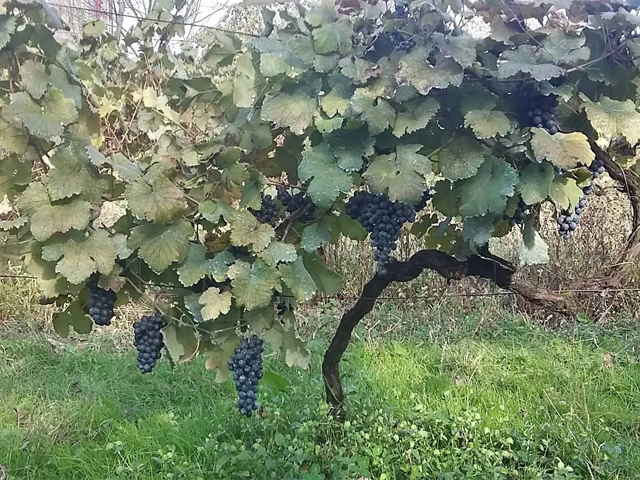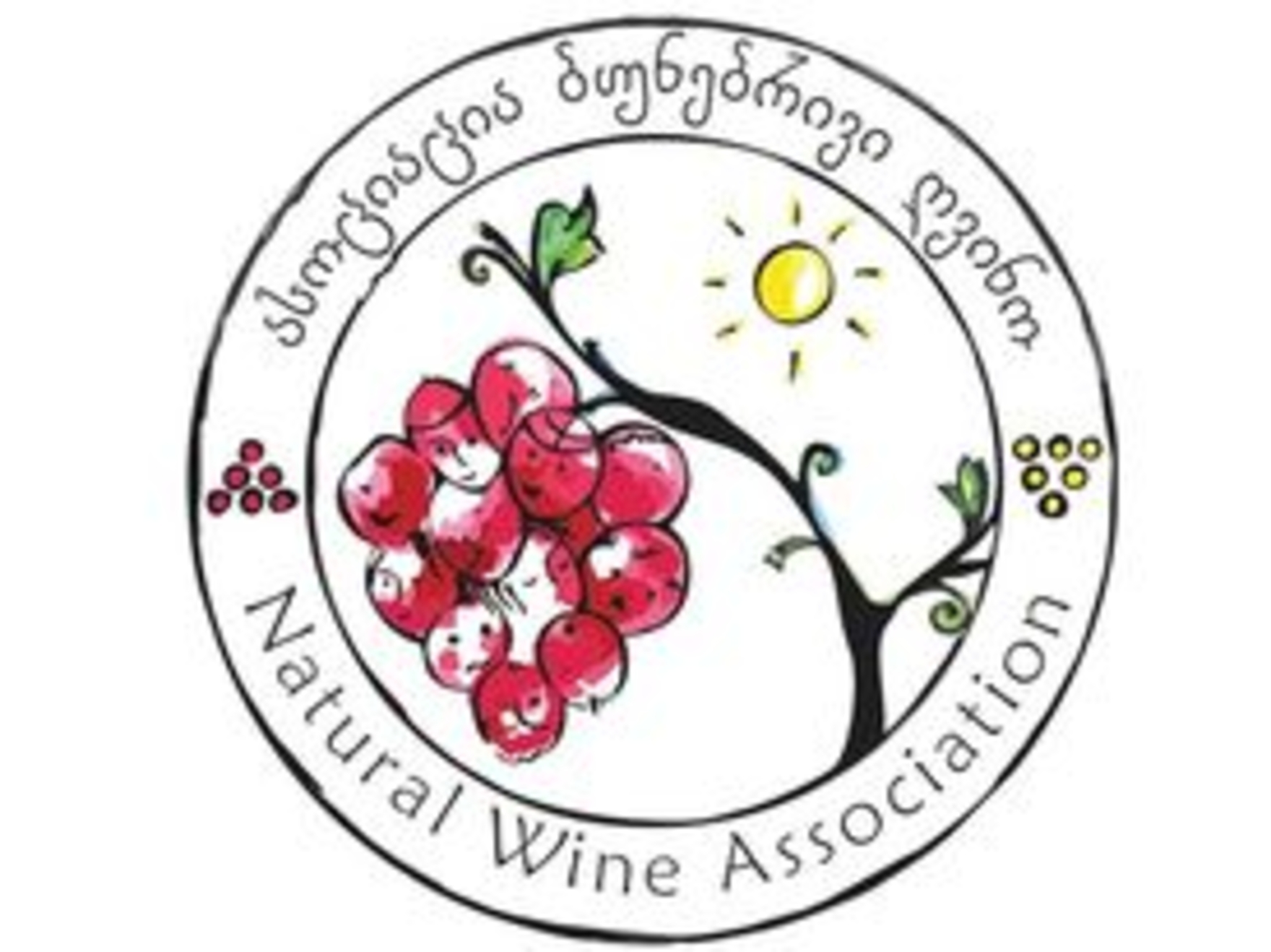News . 02-12-2022
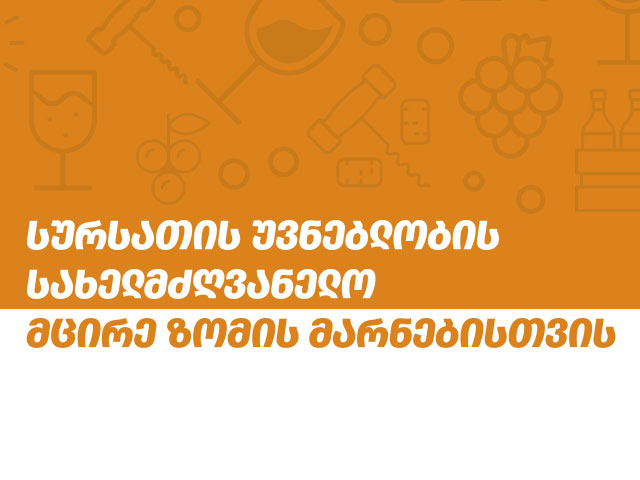
Food Safety Manual for Small Wine Cellars
The Food Safety Manual for Small Wine Cellars was published in 2020 and was prepared in frames of cooperation between the National Food Agency and the programme Private Sector Development and Vocational Education in the South Caucasus (PSD TVET SC). The programme is implemented with the support of responsible ministries and Deutsche Gesellschaft für Internationale Zusammenarbeit (GIZ), on behalf of the German Federal Ministry for Economic Cooperation and Development (BMZ).
Food safety principles are the basic requirements in the production of food products. Actually, food with zero risk does not exist. "Safe food" means that the potential hazards in it meet scientifically substantiated threshold levels and do not adversely affect human health.
According to the manual, wine is considered a low-risk product in terms of biological hazards. In this case, there is a possibility of chemical and physical hazards at certain levels, but unlike other products, this occurs rarely. It should be taken into account that bio/organic wine must be produced in full compliance with food safety requirements, because this type of product, like any other product, can be contaminated with various contaminants. Therefore, organic farms/bio wine producers should take into account that they, like other business operators, are obliged to comply with all requirements set out in food safety legislation.
Food Safety Manual for Small Cellars aims to promote the implementation of food safety standards in small enterprises operating in the wine and wine tourism sector, to increase the quality of wine and service provided to consumers, and to improve the business model of companies.
Since the manual is directly related to small wine cellars and their activities, it would be the most interesting to find out what the owners of small wine cellars think about this topic. NWA.GE has interviewed some of the members of the Natural Wine Association.
George Wolski, Andrias Gvino: „It's a pretty good guide for us, considering how to implement GAP (Good Agricultural Practices). In general, the production of food products needs more attention and responsibility- this is an axiom and we should all take it into account. Without being subjective, I would say that if this becomes mandatory, many small entrepreneurs will face problems. I think this is especially true for Imeretian wineries having outdoor wine cellars. I am not aware why the wine cellars are historically arranged outside in western Georgia, and I am very curious about it, asking everyone. This type of wine cellars may not be considered safe and such wineries should probably be refined“.
Giorgi Mshvenieradze, mshvenieradze winery: „This guide, as far as I am aware, is the first attempt to collect and present in an adapted form the standards governing our activities. Obviously, the small cellars still have a long way ahead in order to meet the standards, but this document provides an opportunity to overcome this challenge without the effort of seeking additional standards. In general, the approach to raise standards not by repressive method, but through promotion and persuasion, makes the achieved results relatively sustainable“.
Rezo Getiashvili, Vazha Getiashvili Wine Cellar: „Recently, we have been living in a double reality - we are translating European rules and at the same time we are still moving in the Russian orbit. However, the truth is that Russia ends not only in Georgia, but everywhere, and the wines of the Russian market are becoming a thing of the past. In our wine cellar, in terms of food safety, we have to look at many things from a different perspective and, first of all, find out whom we want our wine for - for Europe or for no one. If we want it for Russia, we might not change anything at all, and if for Europe, then we will need a little cleanliness. It is very much appreciated that the National Food Agency is thinking about this and they know that Europe is, first of all, a cultural identity, and what the law obliges us to do today will definitely become a cultural norm tomorrow. Poverty is not our fault, it is rather our current fate, and to change it, we do need many such projects and to make a little more effort“.
The publication can be found at the link:https://elibrary.mepa.gov.ge/Ge/Library/Details/7045
Levan Sebiskveradze
